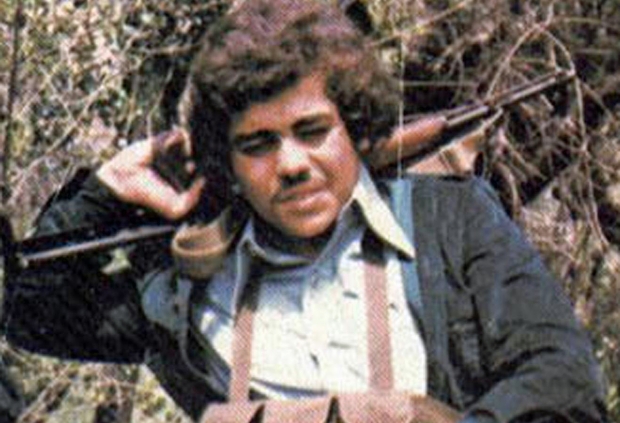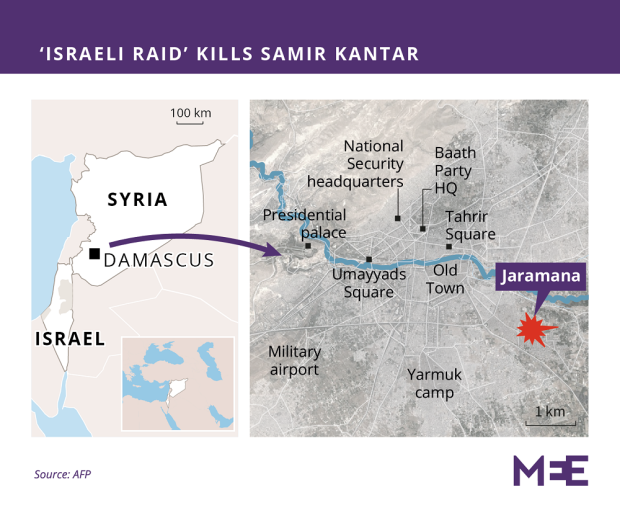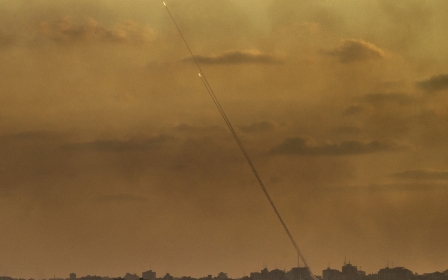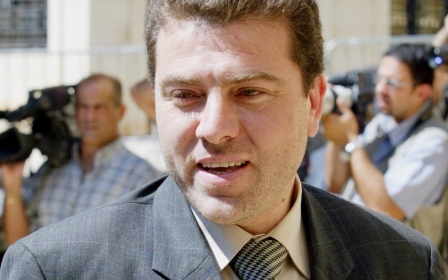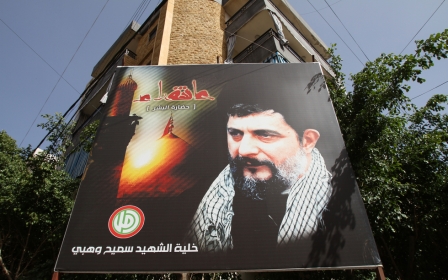Profile: Who was Hezbollah's Samir Kantar?
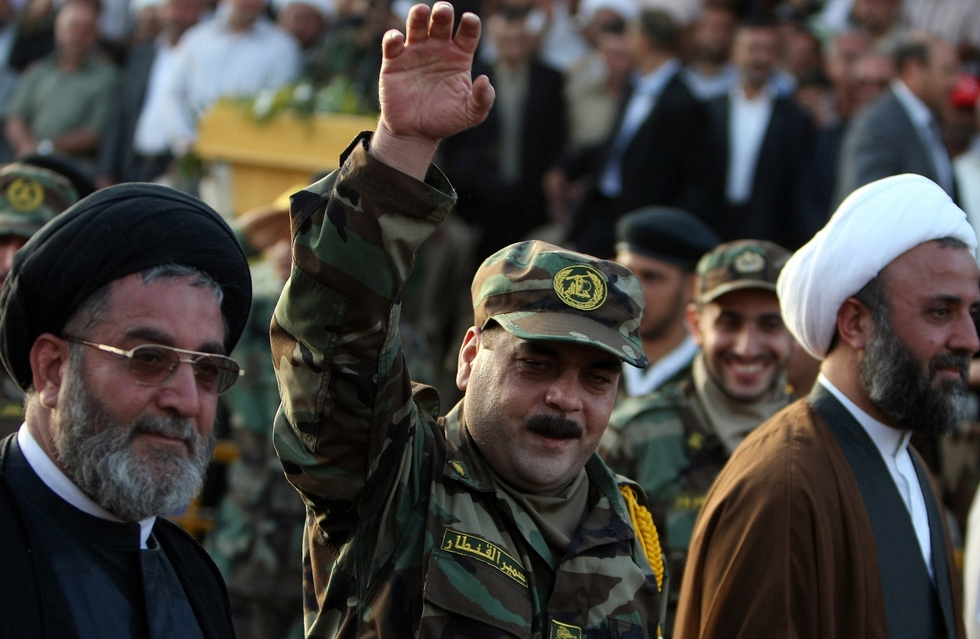
A Lebanese militant notorious for the 1979 murder of three Israelis, including a four-year-old girl, has been killed in an air raid near Syria's capital, Hezbollah said.
Samir Kantar, who had earned the title of longest-serving Arab prisoner in Israel, was still a teenager when he and three other members of the Palestine Liberation Front infiltrated the Israeli village of Nahariya by sea from Lebanon.
The militants shot dead Danny Haran, 28, and battered his four-year-old daughter Einat's skull with rifle butts in an attack that shocked Israel to the core.
Israel sentenced Kantar to five life terms plus 47 years for murdering the father and daughter and an Israeli policeman.
Israel freed Samir Kantar as part of a prisoner swap in 2008, three decades after the killings, and he became a high-profile figure in Hezbollah.
In September, the United States placed Kantar on its terrorist blacklist, saying he had "played an operational role, with the assistance of Iran and Syria, in building up Hezbollah's terrorist infrastructure in the Golan Heights".
Syrian Prime Minister Wael Halaqi said targeting Kantar was the same as "targeting the axis of resistance", referring to Syria and its allies.
Iran, a close Damascus ally, called it an "assassination" and a "violation of an independent country's national sovereignty and territorial integrity".
The Britain-based Syrian Observatory for Human Rights monitoring group said Israeli aircraft had tried but failed several times in the past to hit Kantar inside Syria.
Israeli Justice Minister Ayelet Shaked said her country "has not claimed" the strike but "was happy to learn the news".
"He was an arch-terrorist who killed a young girl by fracturing her skull and had continued his terrorist activities after being freed," she told military radio.
"It's a good thing he met his maker," she added.
Kantar's brother Bassam confirmed the militant's death on Twitter, saying: "We are proud to have joined the long list of families of martyrs."
Kantar and four other prisoners received a triumphant red carpet welcome in Lebanon in 2008 when they were exchanged for the bodies of two Israeli soldiers.
Wearing a Hezbollah military uniform, he waved to applauding crowds under a shower of confetti.
In an earlier interview with AFP, Kantar said he remained committed to wiping Israel off the map.
"The resistance will end only when the Zionist entity disappears," he vowed.
Former Israeli national security adviser Yaakov Amidror said on Sunday Kantar had been "very active in the north part of the Golan Heights in the Syrian side, responsible for preparing the area for attacks against Israel".
"And if he is neutralised by someone, it's good news for the state of Israel," said Amidror, but added that he did not know whether Israel was responsible for his death.
Haran's widow Smadar told army radio on Sunday that "justice has been done, especially when we know that he has continued to be active in terrorism against us since his release".
Their second daughter suffocated as Smadar tried to keep the two-year-old from making noise and revealing their hiding spot during the kidnapping of her husband and other daughter.
New MEE newsletter: Jerusalem Dispatch
Sign up to get the latest insights and analysis on Israel-Palestine, alongside Turkey Unpacked and other MEE newsletters
Middle East Eye delivers independent and unrivalled coverage and analysis of the Middle East, North Africa and beyond. To learn more about republishing this content and the associated fees, please fill out this form. More about MEE can be found here.


